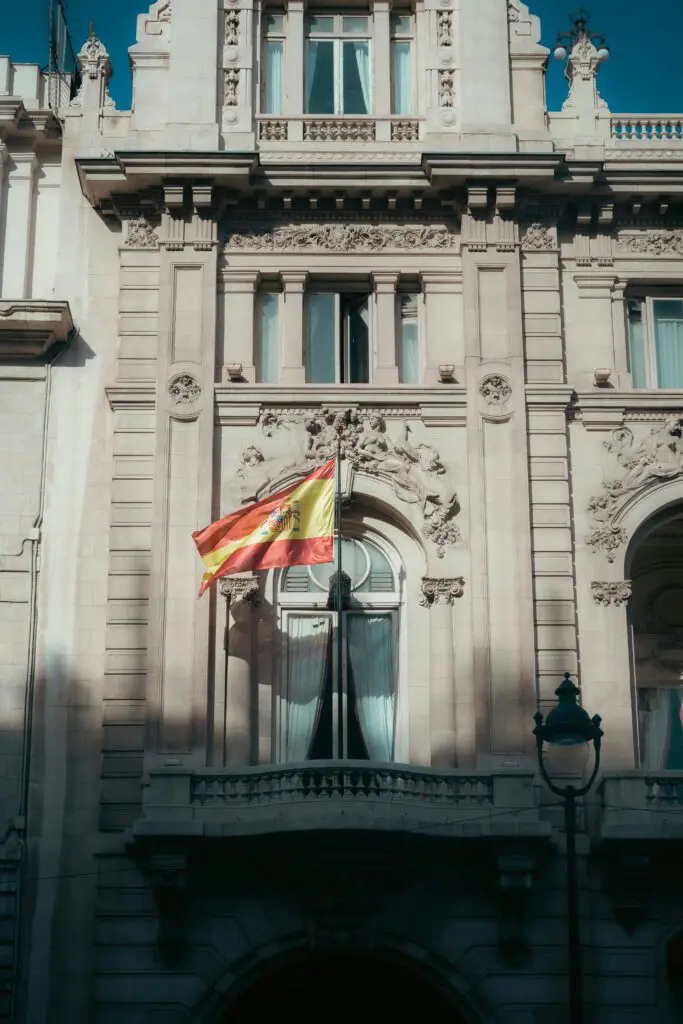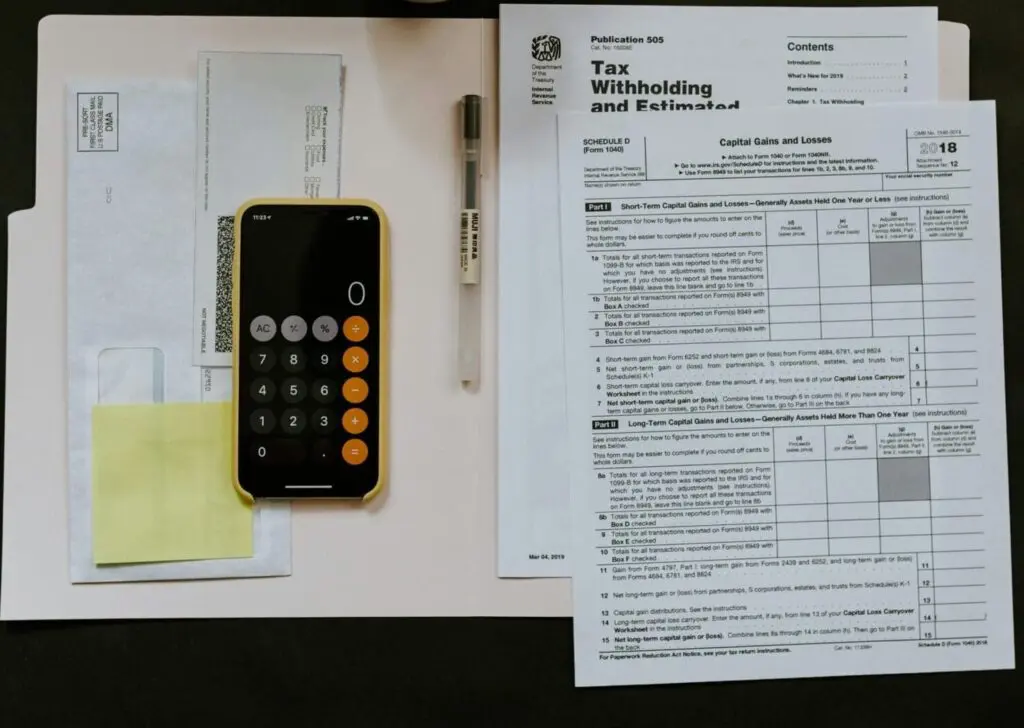The Spanish Real Decreto-Ley (Royal Decree-Law) 5/2012, of 5th March, on Civil and Commercial Mediation is already in force. This provision incorporates into Spanish law the Directive 2008/52/EC of the European Parliament and the Council of 21 May 2008 on certain aspects of mediation in civil and commercial matters (just for the record, deadline for transposition expired on 5/20/2011). Following aspects are of interest for PIL (arts. 2, 3, 27):
The Royal Decree-Law applies to mediation in civil or commercial cases, including cross-border disputes provided they do not affect rights and obligations that are non-disposable under the applicable law. “Cross-border conflict” implies that at least one party is domiciled or habitually resident in a State other than that of the domicile/habitual residence of any of the other parties. For parties residing in different Member States of the European Union, domicile will be determined in accordance with Articles 59 and 60 of Regulation (EC). No 44/2001 of 22 December 2000 concerning jurisdiction and the recognition and enforcement of judgments in civil and commercial matters.
Parties may decide to expressly or tacitly submit to the Royal Decree-Law; in the absence of submission, it shall apply when at least one party is domiciled in Spain and the mediation is also to be conducted in Spain.
A mediation agreement that has already become enforceable in another State shall be enforced in Spain when such enforceability results from the intervention of a foreign authority developing functions equivalent to those played by Spanish authorities.
A mediation agreement that has not yet been declared enforceable abroad shall not be executed in Spain until a public deed by a Spanish notary has been drawn up, upon request of both parties, or of one of them with the express consent of the other.
The foreign document shall not be enforced if manifestly contrary to Spanish public order.







